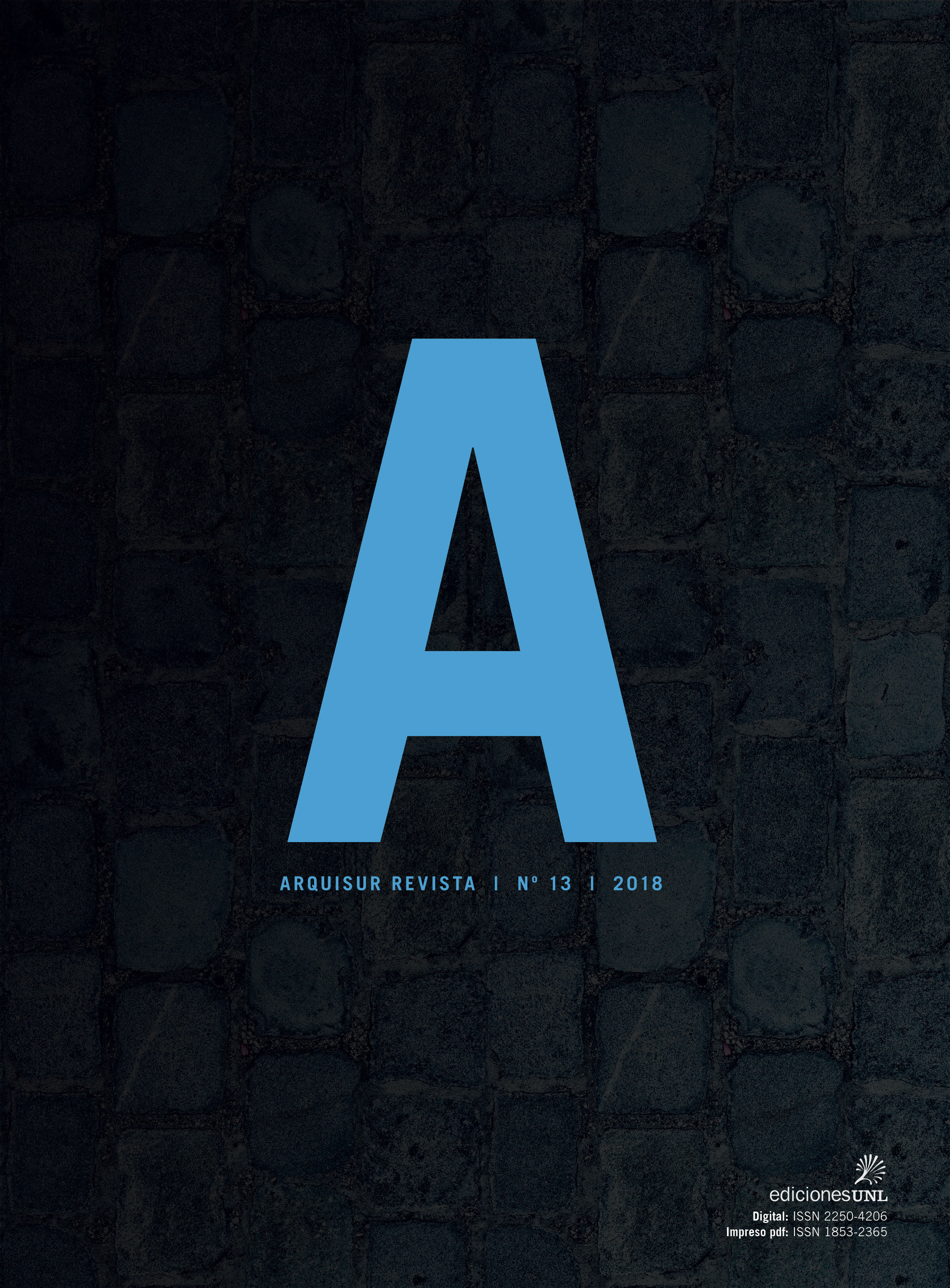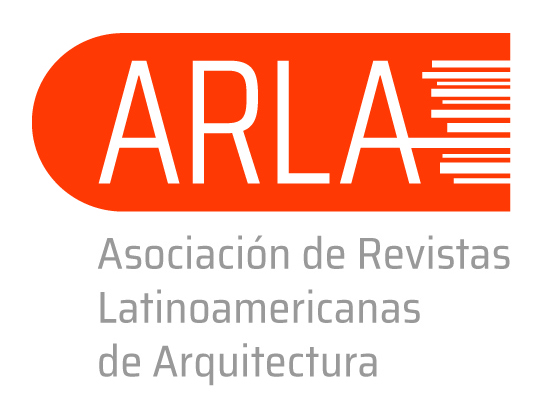(In)visible Villages of the Eastern Region of Uruguay. A research and teaching project
From the isolation to the socio-territorial inclusion of postponed little localities in Maldonado, Rocha and Lavalleja
DOI:
https://doi.org/10.14409/ar.v8i13.6407Keywords:
local development; architecture education; methodology; regional planning; uruguayAbstract
The article ponders the research and teaching work developed at the Institute of Theory and Urbanism of the School of Architecture from 2013 to 2016. Based on the work done with Maldonado City Council, the research team identified certain weaknesses and postponements in the small towns of the Department, which did not participate in the benefits due to intense activity on the coast. Consequently, it was proposed to explore those villages in order to visualize their strengths and singularities, as well as to identify guidelines and planning instruments that could cooperate to reverse situations of socio-territorial inequality. Later, localities of the department of Rocha and Lavalleja with similar problems were included in the study, in the aim to explore common issues to the Eastern Region of Uruguay. The case studies were addressed with the optional degree course Invisible Villages.
Published
How to Cite
Issue
Section
License
ACCESO ABIERTO
ARQUISUR Revista es una publicación de acceso abierto y sin ánimo de lucro. No se imputan cargos por la recepción, revisión, evaluación, publicación ni acceso a sus contenidos. Se distribuye bajo una Licencia Creative Commons CC Atribución-NoComercial-SinDerivadas 4.0 Internacional (CC BY-NC-ND 4.0): No se permite un uso comercial de la obra original ni la generación de obras derivadas. Esta licencia no es una licencia libre, y es la más cercana al derecho de autor tradicional.
DESCARGO
Los criterios expuestos en los artículos son de exclusiva responsabilidad de sus autores y no reflejan necesariamente la opinión del Comité Editorial ni de la Dirección Editorial Técnica. Los derechos de los artículos publicados pertenecen a sus autores o editoriales. Los autores ceden sus derechos de publicación al Centro de Ediciones de la Universidad Nacional del Litoral de Santa Fe, Argentina.














